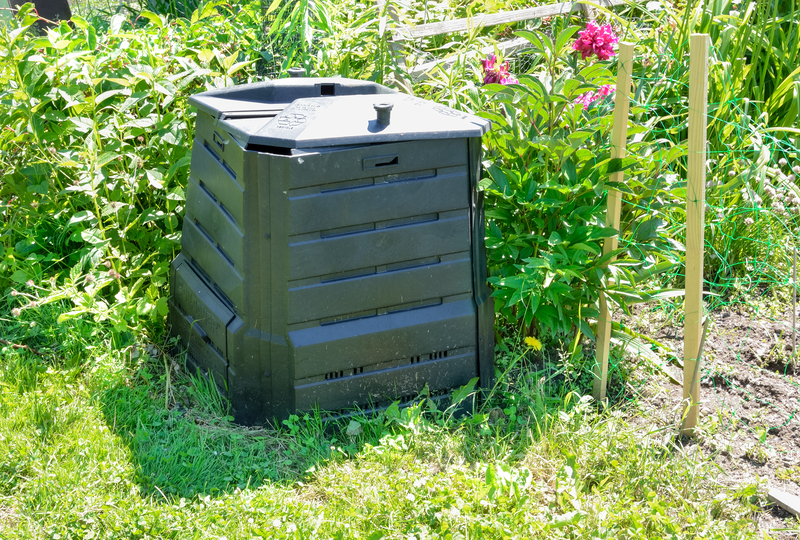Understanding the imperative to conserve natural resources has become crucial as societies advance and the demand for raw materials grows. Among the myriad of strategies to foster sustainability, metal recycling stands out as a potent mechanism for conservation.
Understanding Metal Recycling
Metal recycling involves the collection and processing of scrap metals to create new products. This practice not only reduces demand for virgin metal extraction but also decreases energy consumption, promoting a more sustainable use of resources.

How Metal Recycling Benefits the Environment
Reduction in Energy Consumption
- Recycling metals like aluminum and copper requires significantly less energy compared to producing them from raw ores.
- For instance, recycled aluminum uses only about 5% of the energy needed to produce new aluminum from bauxite ore.
Decreasing Greenhouse Gas Emissions
The process of extracting and processing virgin metals is often energy-intensive, leading to substantial greenhouse gas emissions. By opting for recycled metals, we can dramatically reduce these emissions, contributing to the fight against climate change.
Conservation of Natural Resources
One of the primary benefits of metal recycling is the conservation of finite natural resources. Metals, although abundant in nature, are not inexhaustible. Recycling reduces the need for mining, preserving the earth's bio-capacity.
The Economic Impact of Metal Recycling
Job Creation
The metal recycling industry is a vital part of the economy, providing numerous employment opportunities across collection centers, sorting facilities, and smelting operations. This industry supports a wide range of jobs, from unskilled to highly technical positions.
Cost Efficiency for Manufacturers
- Recycled metals often cost less than freshly mined ores.
- Lower material costs translate to savings for manufacturers, which in turn can lead to reduced prices for consumers.
Supporting a Circular Economy
Recycling metals foster a circular economy where materials are continuously reused, creating more sustainable production and consumption cycles. This model contrasts with the traditional linear economy that follows a make-use-dispose pattern, often leading to resource depletion.
Key Metals in Recycling
Aluminum Recycling
- Aluminum is one of the most commonly recycled metals due to its 100% recyclability and the vast energy savings it offers.
- Recycling aluminum cans, for example, can save up to 95% of the energy required to create new cans from raw materials.
Steel and Iron Recycling
Steel is another extensively recycled metal. From automobiles to construction, steel is used in a wide range of applications. Recycling steel can conserve up to four times the energy compared to that required for processing raw iron ore.
Copper Recycling
Copper is invaluable due to its excellent conductivity and corrosion resistance. With over 80% of all copper ever mined still in use today due to recycling, it plays a crucial role in minimizing the need for new extraction.

Challenges in Metal Recycling
Quality Concerns
One challenge in metal recycling is maintaining the quality of the metal. While technologies have advanced, separating different metals from alloys and contaminants can still pose significant challenges.
Economic Viability
- Fluctuations in the global market prices of metals can affect the economic feasibility of recycling operations.
- Recyclers often face challenges due to the variable quality of scrap metal inputs.
Public Awareness and Participation
The effectiveness of metal recycling significantly depends on public awareness and participation. Efforts to educate consumers about the importance of recycling their used metals can have a profound impact on recycling rates.
Conclusion: A Path Toward Sustainability
Embracing metal recycling not only contributes to natural resource conservation but also bolsters environmental health and economic sustainability. As industries evolve, adopting recycling practices helps integrate responsibility into development strategies, ultimately supporting a greener planet.
In conclusion, the benefits of recycling metals are undeniable--from saving energy and reducing emissions to conserving vital resources and enhancing the economy. As individuals, communities, and industries recognize and invest in recycling, the advantages will resonate through future generations, fostering a sustainable world.